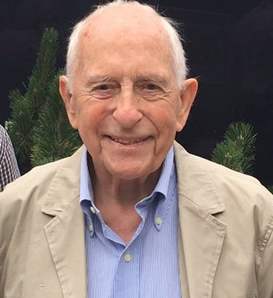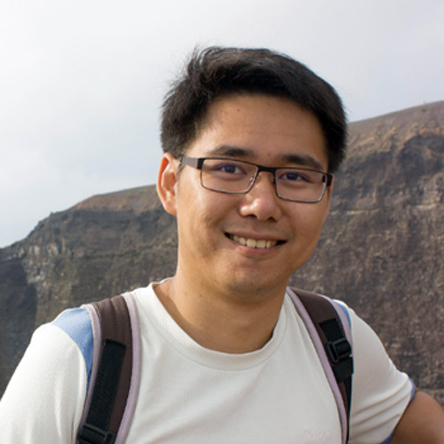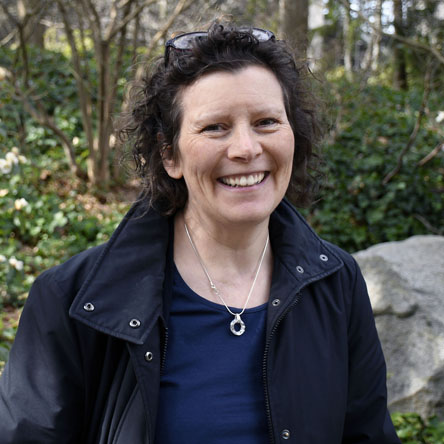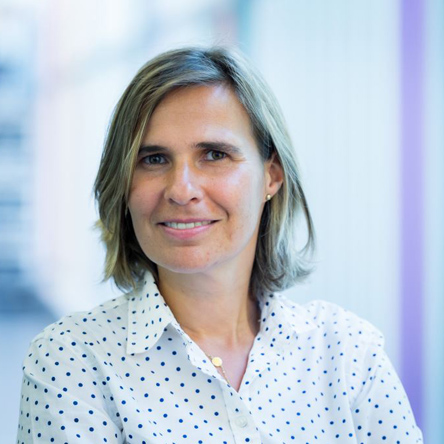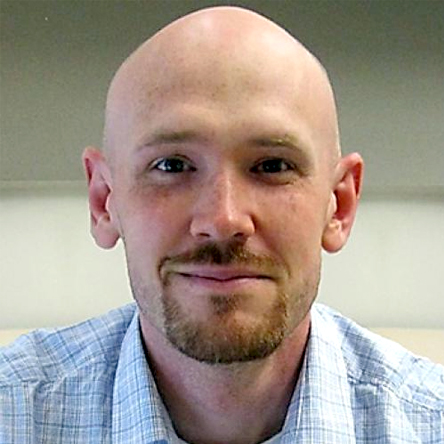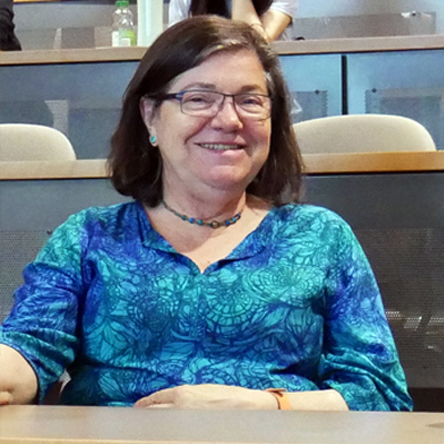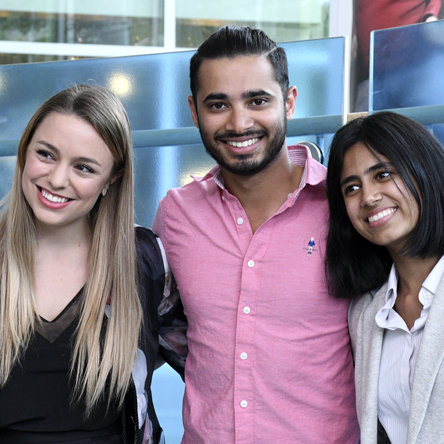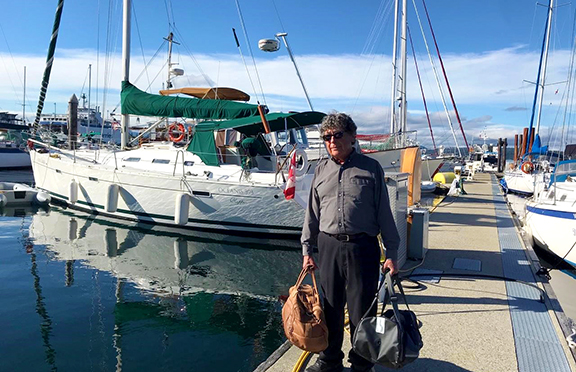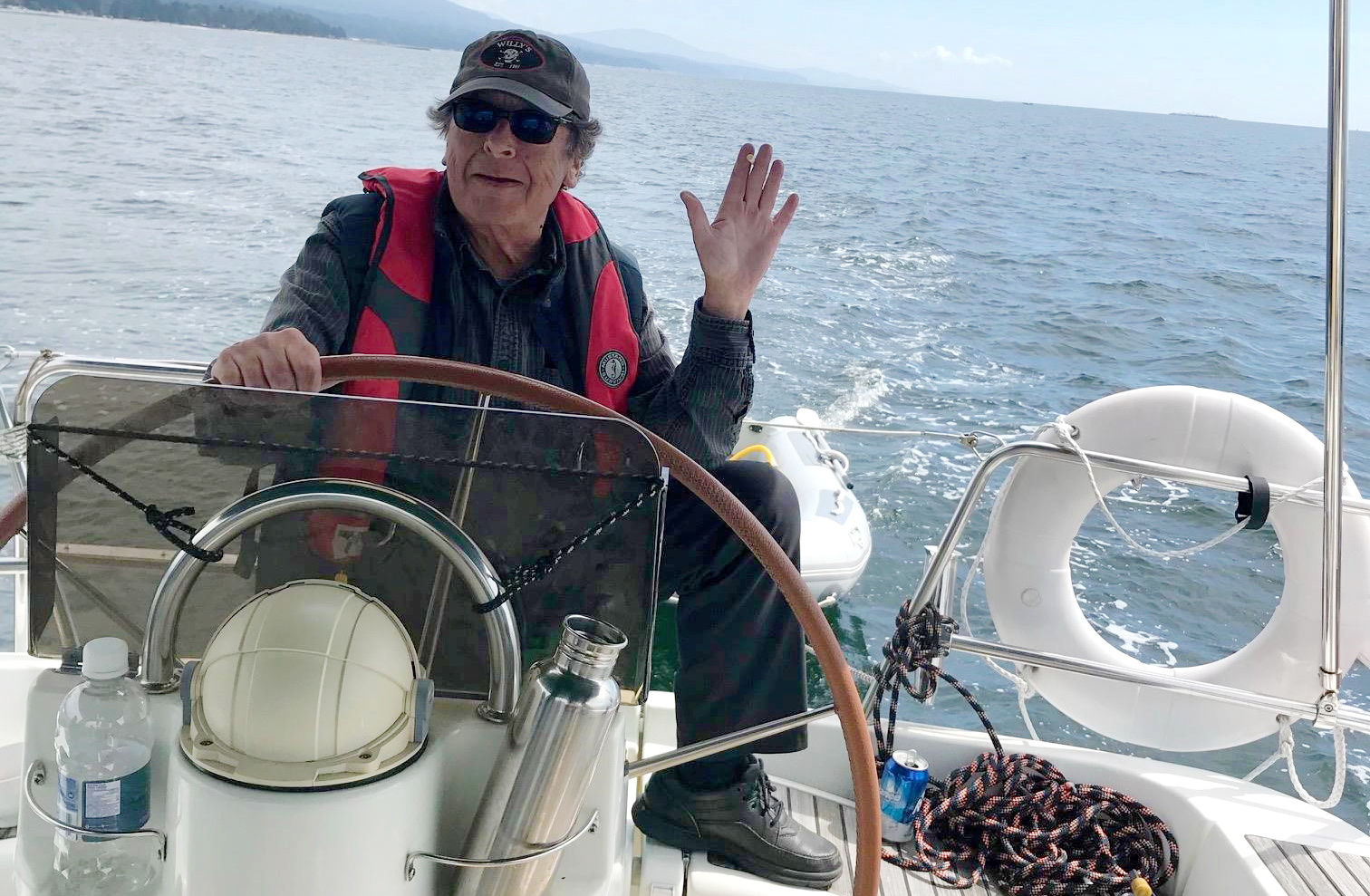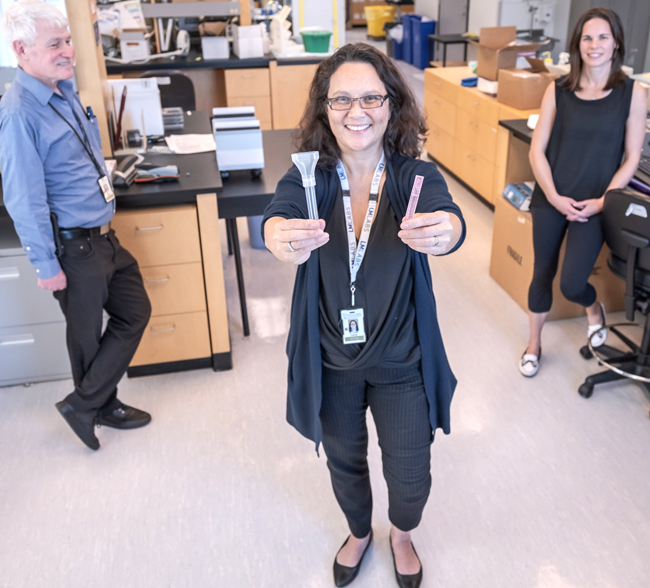


Congratulations to the following faculty members on their
recent publications
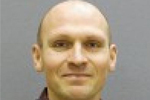
Pediatric case study demonstrates value in whole genome sequencing for cancer treatment planning
Dunham, C., et al. | Clinical Case Reports. 2021;00:1–6 | Feb 18, 2021
Single-cell deconvolution of 3,000 post-mortem brain samples for eQTL and GWAS dissection in mental disorders
Park, Y., et al. | bioRxiv | Feb 2021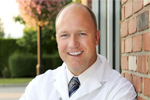
Granzyme B Inhibition Reduces Disease Severity in Autoimmune Blistering Diseases
Granville, D., et al. | Nature Communications | January 27, 2021
Molecular subtypes of common pancreatic cancers can be predicted from tumour characteristics
Schaeffer, D., et al. | Cancer Medicine. Online| Jan 07, 2020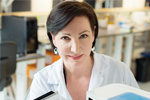
An In Vitro Bioengineered Model of the Human Arterial Neurovascular Unit to Study Neurodegenerative Diseases
Wellington, C.L., et al. | Molecular Neurodegeneration | Nov, 2020
TRIM25 Promotes Capicua Degradation Independently of ERK in the Absence of ATXN1L
Yip S., et al. | BMC Biology | Oct, 2020Meet
Our New Faculty
Dept of Pathology welcomes Dr. Ying Wang, PhD
In
Memoriam
Jan 17
2021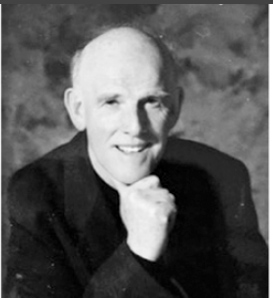
GRAY, Dr. George Robert MD F.R.C.P. (C) M.R.C. October 22, 1932 - January 17, 2021
Dr. George Gray, retired Associate Professor in Pathology and Laboratory and the Division Head of Hematopathology, Blood Bank and Immunology at VGH has passed away. His legacy will be the doctors he trained and the careers he inspired.
Sept 4
2020Projects & Research Initiatives
Feature
Remarkable Successes on COVID Research

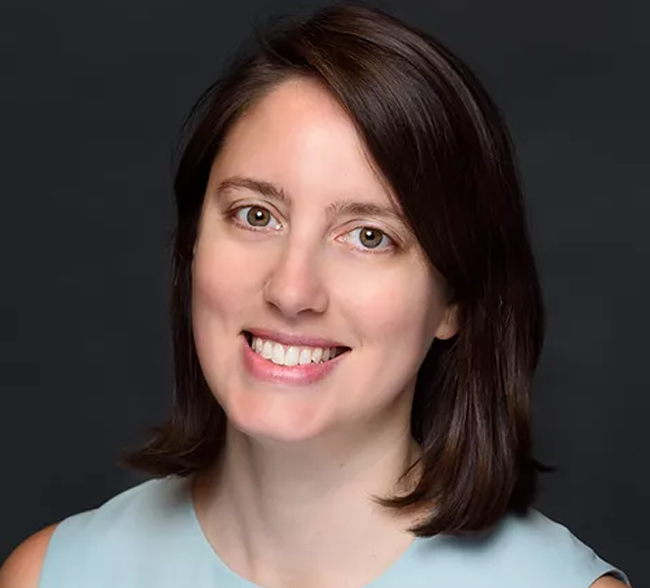
Research in the time of COVID
As experts in the development of a clinical assays for protein biomarkers, I decided to put my research lab’s expertise to the test in building a novel blood test for COVID-19. An early goal of the research program was to build a test that revealed detailed information about an individual’s immune response to COVID-19.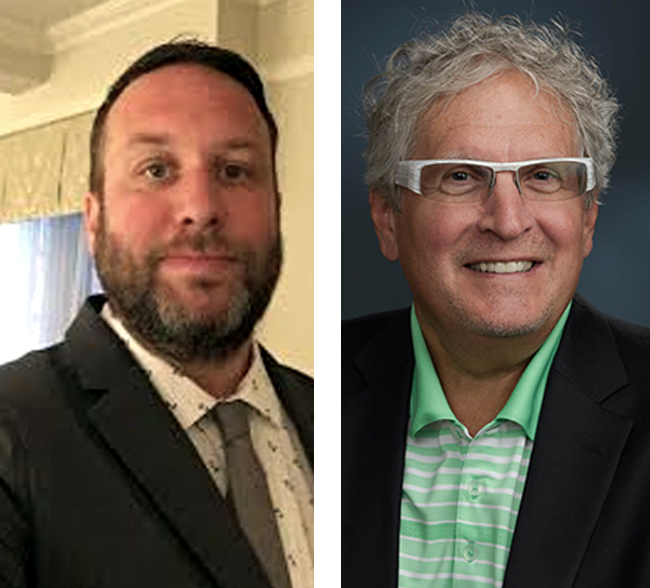
COVID-19-associated heart injury: how does it happen?
Drs. Bruce McManus and Paul Hanson at the UBC Centre for Heart Lung Innovation in affiliation with UBC Pathology and Laboratory Medicine have studied virus-associated heart failure for several decades. Although COVID-19 is primarily recognized as a respiratory disease, ongoing global research implicates the heart as a central target of injury, which in turn causes significantly increased morbidity and mortality. Evidence of direct viral heart injury and indirect damage due to thromboembolic complications and cytokine storm have been observed. Myocarditis has also been reported. Consensus on mechanisms and timing remains to be achieved. Thus, our research aims to delineate the mechanism(s) of COVID-19-related cardiac injury.Accelerating SARS-CoV-2 seroprevalence surveys through dried blood spots’ (ASSESS-DBS for short)
Project Lead(s): Dr. Muhammad Morshed, Dr. Inna Sekirov, Dr. Sofia Bartlett Dr.Mel Krajden, Dr. Agatha Jassem, Dr. Inna Sekirov and Dr. Paul Levett
Inventory of the COVID-19 research projects being undertaken by our department members. NOTE: This inventory is a work in progress and is not a complete list; it may also include studies that have not yet been approved to start.
Introducing
Our New e-Consent Platform
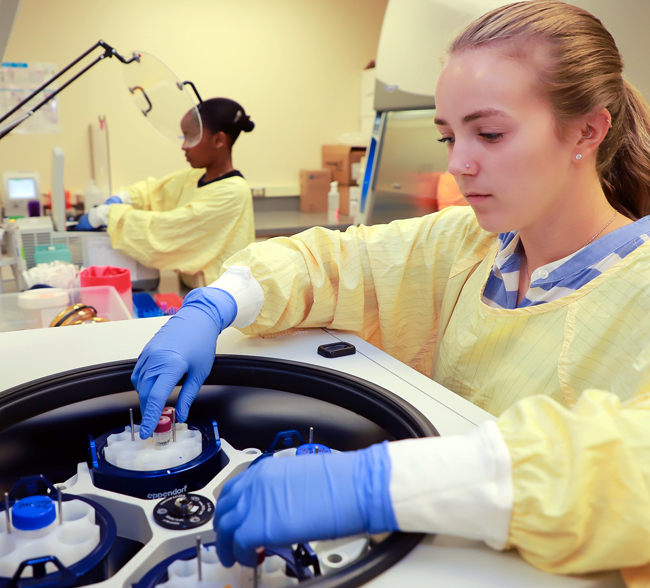
BC Children’s Hospital BioBank – Introducing our new e-consent platform!
We recently got REB approval for a new e-Consent platform that we created over the last couple years with the help of a grant from the Clinical Research Support Unit at BCCHR. We are extra excited about this as it will enable recruitment for research while minimizing patient contact during these pandemic times.Focus
on
Congratulations
to our newly promoted faculty members
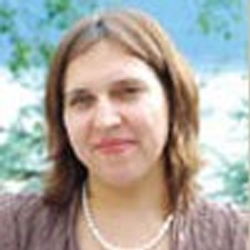
Dr. Nadia Medvedev, VGH
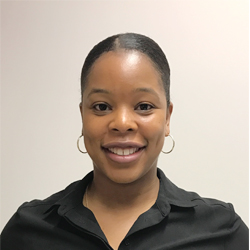
Dr. Marthe Charles, VGH

Dr. Sophia Park, Royal Columbian Hospital
CONGRATULATIONS TO
DR. JOHN O’KUSKY, WHO RECENTLY JOINED THE RANK OF RETIREES FROM UBC
EDUCATION NEWS
Education
Latest News
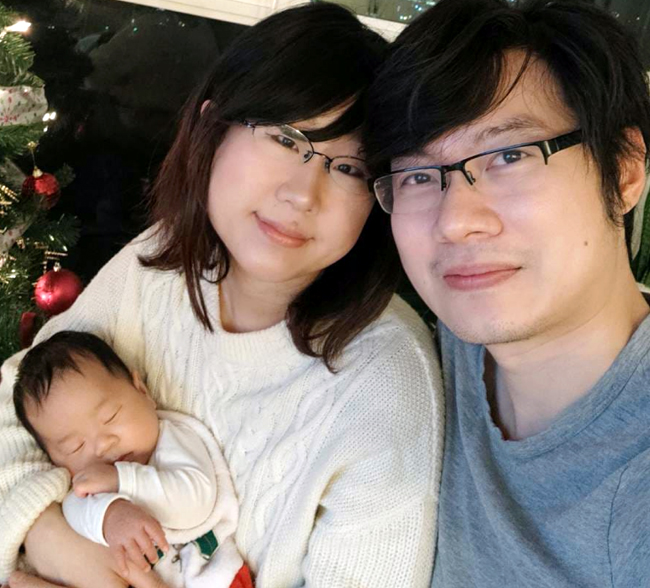
Residency Program: some of the events that happened during the year...
- CARMS interviews and Royal College exams. No oral exams this year, so only written here in Vancouver.
- Administration update: welcome to Karen du Plessis.
- Babies, babies and more babies…
- Dr Sophia Park - completing her term as Program Director of the Medical Biochemistry Residency Training Program (the Program) in the UBC Dept of Pathology and Laboratory Medicine effective June 30, 2021
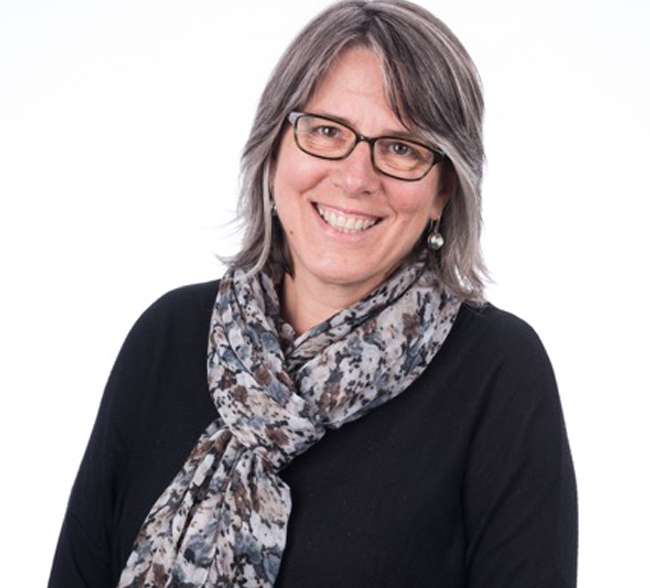
Graduate Studies Program
- Introducing Dr. Hélène Côté as the new Pathology & Laboratory Medicine Graduate Program Director and Graduate Advisor
- 2020 winners of the CIHR awards
- 2020 winners of the PATH departmental awards
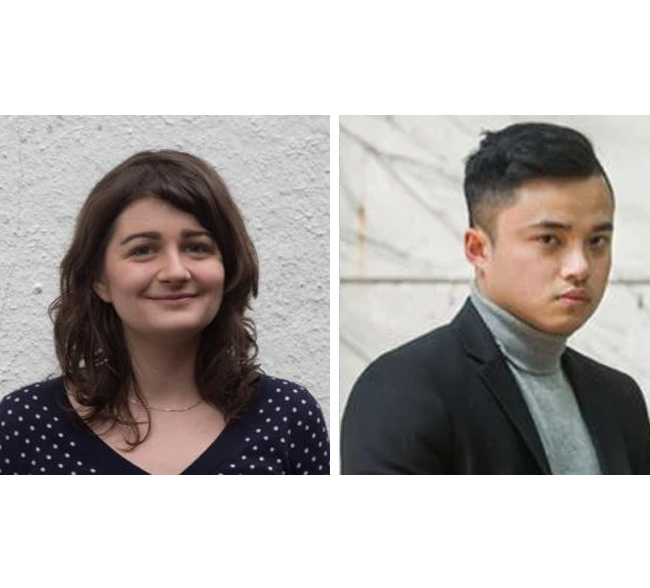
Lessons in implementing virtual case-based learning
This study was carried out by 2 fourth year med students (Jessica Dawson and Geoffrey Ching – part of the required FLEX project) under Dr. Hanh Huynh supervision to address the questions relating to the benefits and difficulties of delivery Case Based Learning (CBL) in MDUP via Zoom due to covid challenge (as a substitute for in person CBL precovid).

Infection Prevention and Control Certificate Program
We are thrilled to announce that Infection Prevention and Control (IPAC) Canada, the national IPAC association, renewed its three-year endorsement of the program. As the importance of infection prevention and control continues to grow amid the COVID-19 pandemic, the health authorities urgently needed to train more infection prevention and control professionals.
Teaching and Course Leadership Opportunities Available in the BMLSc Program
Teaching in the BMLSc Program is a rewarding, satisfying way to contribute to the Department’s educational community. With recent retirements, we have several openings for course coordinators (or co-coordinators) and instructors.
Global Health
Collaboration
New initiative with University of Maryland and Botswana
Michael A. Noble MD FRCPC
FACULTY AWARDS & HONORS
SINCE SEPTEMBER 2020

Dr. David G. Huntsman
Clarivate Highly Cited Researchers 2020
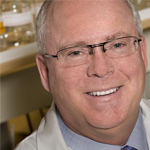
Dr. Randy D. Gascoyne
Clarivate Highly Cited Researchers 2020

Dr. Sohrab P. Shah
Clarivate Highly Cited Researchers 2020
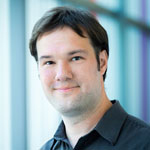
Dr. Philipp Lange
Distinguished Achievement, Overall Excellence – Early Career
UBC FOM
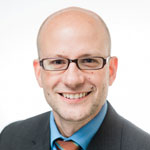
Dr. Christian Steidl
Distinguished Achievement, Excellence in Basic Science Research
UBC FOM
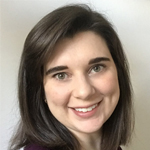
Dr. Emily Button
Fellowship | Supervisor: Dr. Cheryl Wellington
Djavad Mowafaghian Centre for Brain Health General Award
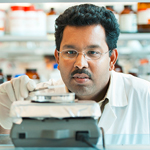
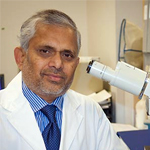
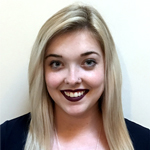
Dr. Lauren Forgrave
CIHR PhD fellowship | Supervisor: Dr. Mari DeMarco
St. Paul’s Hospital, Providence Health Care
RESEARCH FUNDING & AWARDS
SINCE SEPTEMBER 2020

Dr. Jay Kizhakkedathu
Novel endothelial engineering and localized immunosuppression approaches for the protection of organ transplants
CIHR Project Grant
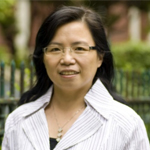

Dr. Fumio Takeim
Tissue resident and migratory group 2 innate lymphoid cells in health and disease
CIHR Project Grant
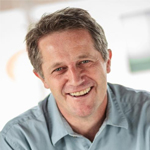
Dr. Bruce Verchere
Generation of a functionally robust stem cell based therapy for type 1 diabetes
CIHR Team Grant

Dr. Bruce Verchere
Federal government and partners invest $6 million in diabetes research
CIHR-JDRF Partnership to Defeat Diabetes
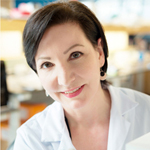
Dr. Cheryl Wellington
Understanding the influence of genetics and sex differences in Alzheimer's Risk
Dawn Shaw Alzheimer’s Disease Research Competition


